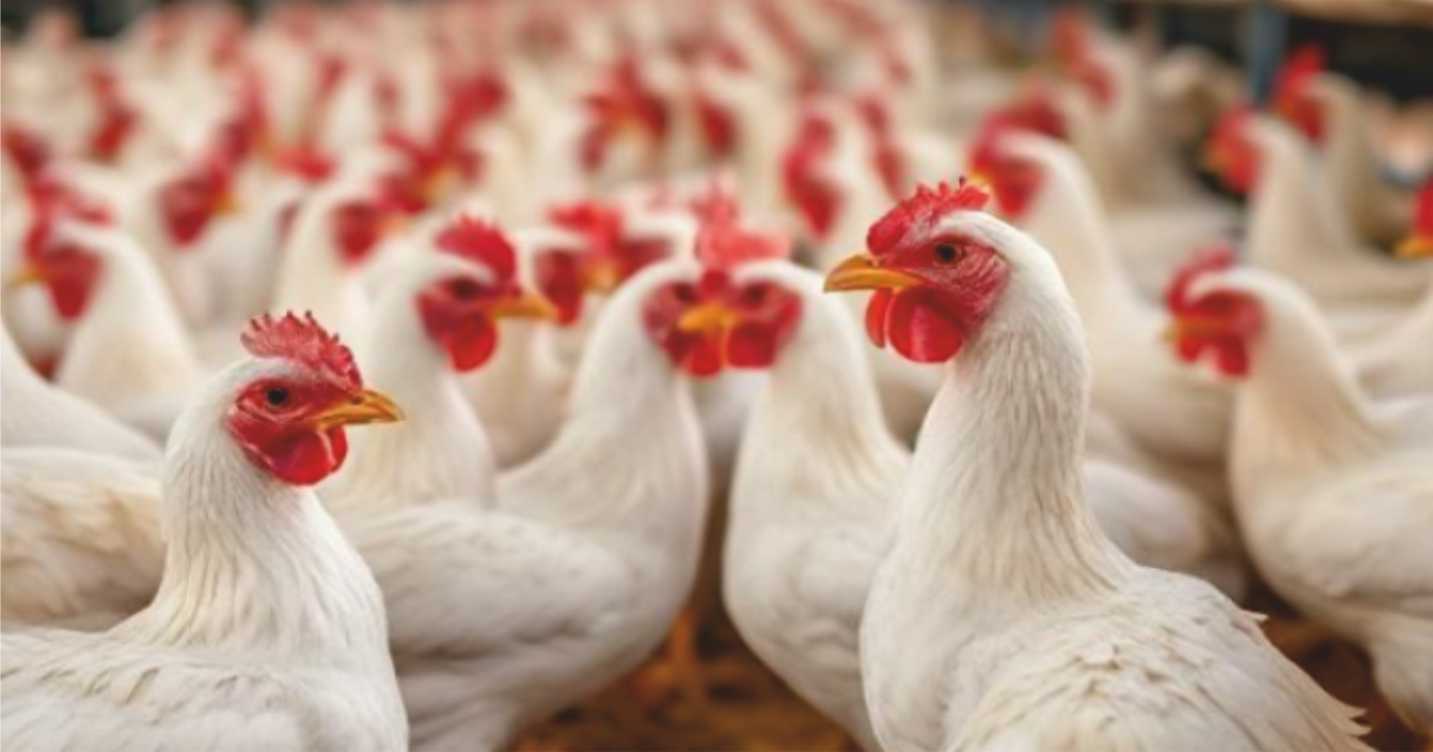We Invest in Farms, Mills, Labs & Infrastructure— Now, It’s Time to Invest in People!
Dr. G. Gopal Reddy, Life Coach – P3, Bengaluru
Introduction
Humans possess immense potential, reflected in their ability to achieve remarkable feats. However, realizing these capabilities often depends on essential life skills. Despite having goals, knowledge, and ambition, many individuals struggle to achieve success due to a lack of these fundamental skills.
The World Health Organization (WHO) defines life skills as “abilities for adaptive and positive behavior that enable individuals to deal effectively with the demands and challenges of everyday life.” These skills are essential for personal growth, societal integration, and professional success, shaping how individuals interact with their environment and respond to challenges.
Essential Life Skills
According to WHO, some key life skills include:
– Self-awareness
– Empathy
– Decision-making
– Creative thinking
– Effective communication
– Stress management
– Critical thinking
– Emotional regulation
– Problem-solving
– Building healthy relationships
These skills can be categorized into three core areas:
1. Cognitive Skills: Critical thinking, problem-solving, and decision-making
2. Personal Development Skills: Self-awareness, stress management and adaptability
3. Social Skills: Communication, teamwork and empathy

Importance of Life Skills in Poultry Farming
The poultry industry plays a pivotal role in food security and economic growth. It provides a vital source of protein and supports the livelihoods of millions worldwide. However, the sector also faces various challenges, including:
1. Disease Outbreaks: Poultry farmers must manage risks related to avian diseases that can cause major economic losses.
2. Market Fluctuations: Price instability in feed and poultry products affects profitability.
3. Sustainability Concerns: Environmental factors like waste management and resource efficiency must be addressed.
4. Technological Innovations: Adopting new practices and tools requires continuous learning and adaptability.
To navigate these challenges, life skills training is an invaluable asset for poultry professionals.
Benefits of Life Skills Training in Poultry Farming
1. Enhanced Decision-Making and Problem-Solving
Poultry farming requires strategic decision-making in areas such as breed selection, nutrition, and disease control. By developing problem-solving abilities, farmers can assess risks, optimize resources, and improve productivity.
2. Effective Communication and Collaboration
Communication is essential for building relationships with suppliers, veterinarians, and consumers. Training in interpersonal skills enables farmers to negotiate better deals, market their products efficiently, and work collaboratively in cooperative ventures.
3. Stress Management and Resilience
Farmers often face unpredictable situations such as disease outbreaks or financial setbacks. Life skills training equips them with techniques to manage stress, stay organized, and maintain a positive outlook, ensuring long-term success.
4. Adaptability and Continuous Learning
The poultry industry is evolving with technological advancements and changing market demands. Farmers who embrace lifelong learning can integrate modern techniques, improve efficiency, and remain competitive.
5. Entrepreneurial Mindset
A strong foundation in financial management, risk assessment, and innovation helps poultry entrepreneurs identify new opportunities. Whether venturing into organic poultry, processed products, or export markets, life skills provide a crucial edge.
Real-World Impact of Life Skills Training
A poultry training initiative in rural Kenya demonstrated the power of life skills in transforming livelihoods. Farmers who received training in financial literacy, disease management, and negotiation skills reported increased profits and better business sustainability. One participant, Joseph, shared: “Before the training, I struggled to manage my farm effectively. Learning problem-solving and business skills helped me grow my enterprise and improve my family’s income.”

Overcoming Challenges in Life Skills Education
While life skills training offers immense benefits, challenges remain:
1. Limited Access to Training: Rural farmers often have fewer opportunities for skill development.
2. Cultural Barriers: Traditional farming practices can sometimes hinder the adoption of new approaches.
3. Resource Constraints: Implementing large-scale training programs requires significant investment.
Moving Forward: Expanding Life Skills Training in Poultry Farming
To maximize the impact of life skills education in the poultry sector, collaboration is essential. Government agencies, educational institutions, and private organizations can work together to develop tailored training programs. Additionally, digital learning platforms and mobile applications can increase accessibility, ensuring that farmers worldwide benefit from essential life skills training.
Conclusion
Life skills play a fundamental role in the success and sustainability of the poultry industry. By equipping farmers with essential abilities such as problem-solving, communication, and adaptability, we empower them to overcome challenges, enhance productivity, and build resilient businesses. As the industry continues to evolve, investing in life skills training will be key to ensuring a thriving and prosperous future for poultry professionals globally.






